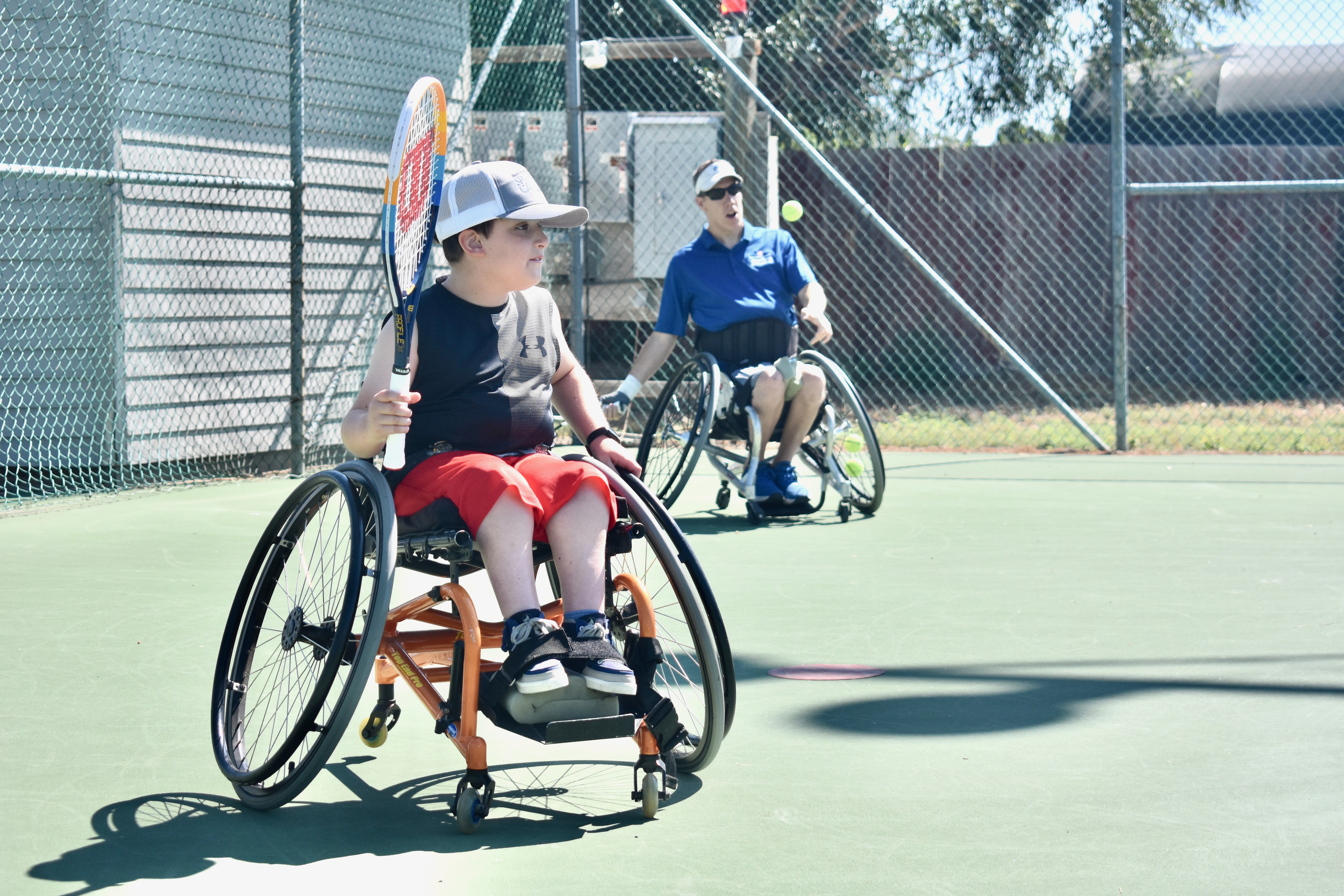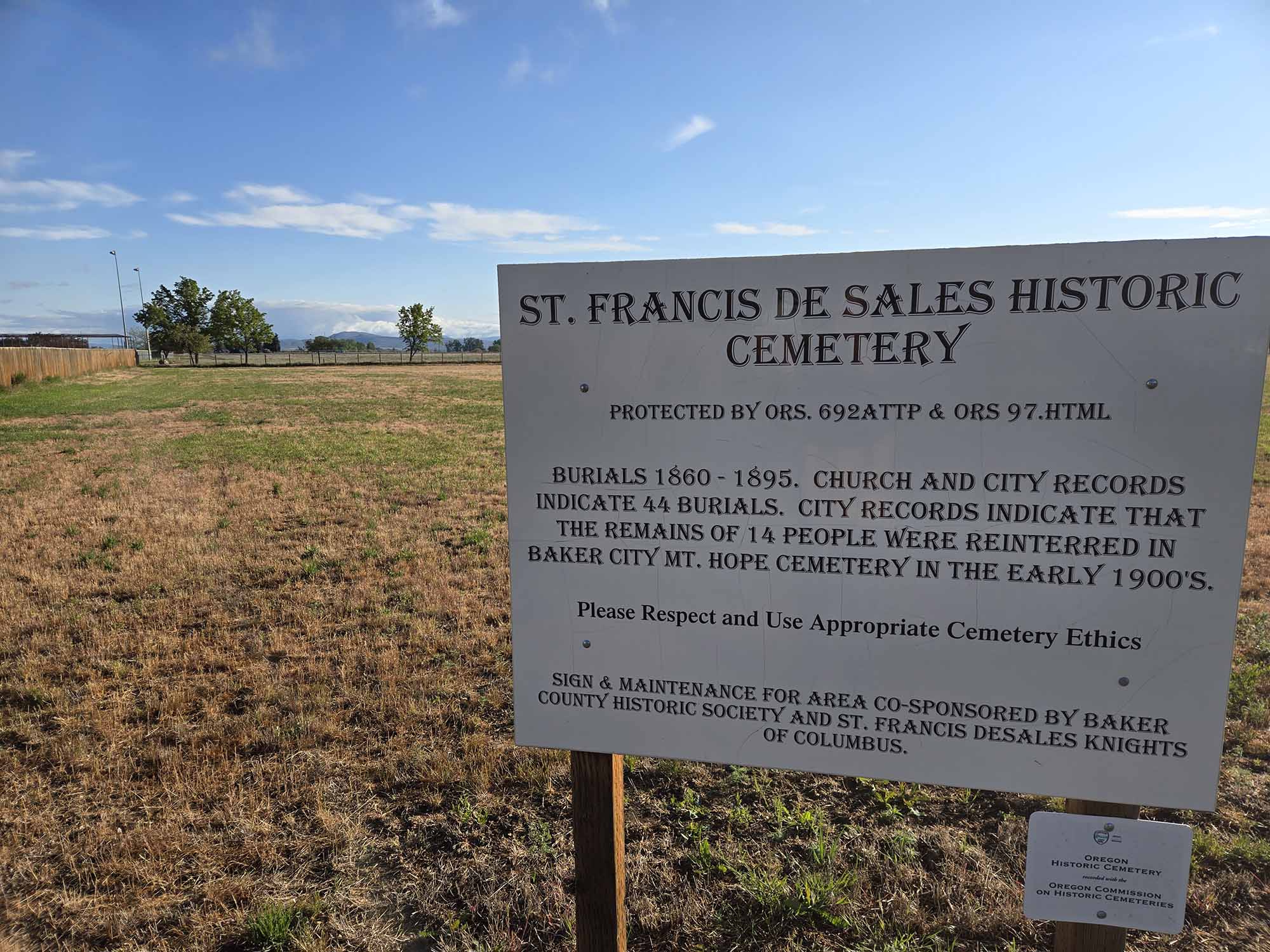Denial of Constitutional rights in Oregon is routine
Published 8:12 am Thursday, September 21, 2023
The sensible solution to Oregon’s public defender crisis: more public defenders. Getting from where we are to there across the state is so very complicated.
Trending
And so we have incidents like what happened in Marion County and landed before the Oregon Supreme Court on Tuesday, Sept. 19. A trial court judg ordered a public defender to represent a defendant. That was even though the lawyer’s firm insisted the lawyer didn’t have the capacity to take on the case and provide adequate defense.
Should a trial court judge be able to do that?
It’s become routine in Oregon that defendants are denied access to a lawyer. The count was 3,000 unrepresented defendants as of Wednesday, Sept. 20.
Trending
Those are 3,000 examples where we as a state are failing to honor the rights guaranteed individuals under the Constitution.
In Marion County Circuit Court, there was a criminal case. Izell Guajardo-McClinton was charged with eight felony misdemeanors, including first-degree sexual abuse.
The trial court indicated in April it was going to appoint Timothy Downin, an attorney with the Public Defender of Marion County, Inc., as his lawyer.
Shannon Wilson, the organization’s executive director, argued caseloads are excessive and prevent his staff from being able to adequately prepare for trial. Appointing an attorney from his organization “exposes this defendant and any defendants today to Constitutionally infirm proceedings and further subjects the appointed attorney to engage in representation that would fall below the standards required by the Oregon Rules of Professional Conduct.”
The trial court dismissed those arguments and appointed Downin.
The public defender organization filed a petition with the Oregon Supreme Court. The court ordered in June the trial court to undo its order to appoint Downin and not appoint any other attorney from the public defender organization, if the organization argues it does not have the staffing available — or show cause for not doing so.
The trial judge did not drop Downin’s appointment. He told Downin that he was obligated to protect Guajardo-McClinton’s constitutional rights.
So the Oregon Supreme Court on Tuesday, Sept. 19 returned to the matter to address the question: Was the trial court obligated not to appoint the counsel for the defendant in these circumstances?
The judges asked lawyers in the case many questions Tuesday.
Can judges order lawyers to take a client? Where would courts get the authority to make forced appointments from? What must a judge consider when making such an appointment? Should a judge simply take the word of attorneys that they do not have the capacity to take a client?
It may be days or weeks before the Oregon Supreme Court makes a decision.
If courts can order public defenders to take cases when the lawyers insist they are not capable, the defendants will more than likely not be getting adequate representation. The rights of the defendant will not be protected.
But what is a judge supposed to do when confronted with that situation? Delay the case? It might be like waiting for Godot.
Oregon prosecutors have called for public defenders to take higher caseloads. That may help resolve some problems temporarily. Isn’t it only going to feed into the reasons that public defenders leave public defense?
The Oregon Supreme Court can’t solve this problem. It’s what we elect a governor and legislators to do. Where is the solution?









